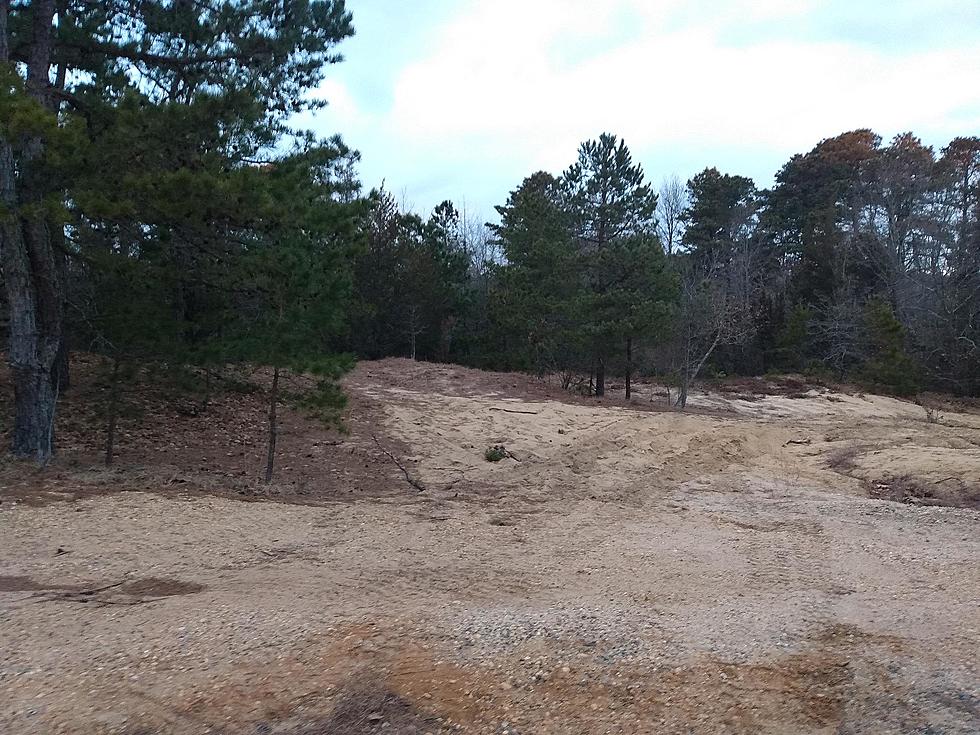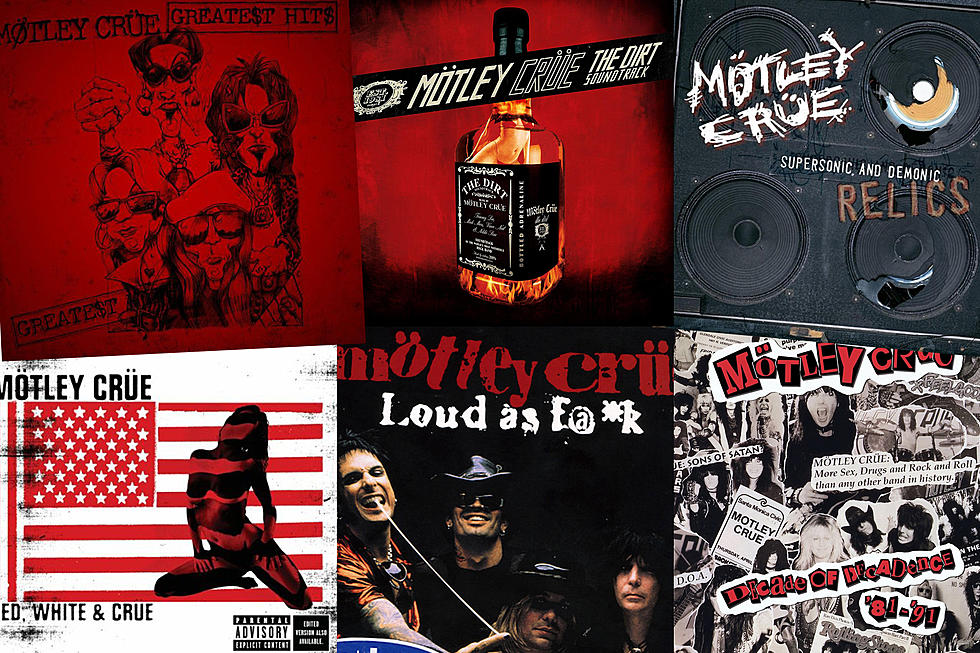
Dave Grohl’s ‘Ethical Crisis’ Over Stadium Rock
Dave Grohl looked back on feeling “conflicted” when Nirvana became a stadium rock band, even though he’d rejected the concept from the earliest part of his career.
In an interview about his upcoming memoir The Storyteller, published on Oct. 5, the Foo Fighters leader told the BBC he’d come to terms with the concept of playing giant shows when he came back to the idea of sharing.
“It's the best seat in the house, you know?” he said. “When you play a song that everybody knows and you get everyone to sing along, it's a magical feeling. It really is a celebration of that sort of communal, tangible live experience that I think, as human beings, we really need.”
He continued: “As a child I had posters on my walls of Led Zeppelin, the Beatles, AC/DC and these huge stadium rock bands. To me, that was like this incredible fantasy. They seemed almost not human. Then the first time I saw a live band was a punk rock band in this tiny club in Washington. There were only 50 or 60 people there, and the songs were only a few minutes long. That was my introduction to live rock and roll – and there was something about the raw simplicity of it that made me think, ‘Oh, this is real.’ So I forgot about all of that stadium stuff.”
Grohl maintained that position as Nirvana became a world-class band, and recalled feeling as if he was on “rocky terrain” when their concert capacity grew. “You end up in this sort of conflicted ethical crisis,” he reflected. “But I'm one of those people that just wants to share everything with everybody, whether it's pain or joy, a song or a drink. So I think I finally got to the point where I came to terms with it and got really into it.”
On the subject of how the band dealt with sudden fame in their early 20s, he said: “I think each of us processed it in our different ways. Whenever I felt overwhelmed I would just go back to Virginia, where I grew up, and I'd have barbecues with friends and reconnect with my mother. That always seemed to ground me. But it's a lot for anyone to handle. Still to this day when I see a new artist that's becoming popular, my initial reaction is concern. It's not an easy thing to find your way through that unscathed.”
You Think You Know Nirvana?
Top 100 Classic Rock Artists
More From 97.1 KXRX










